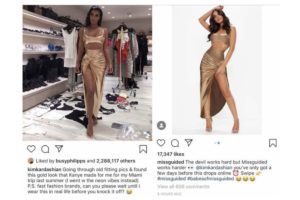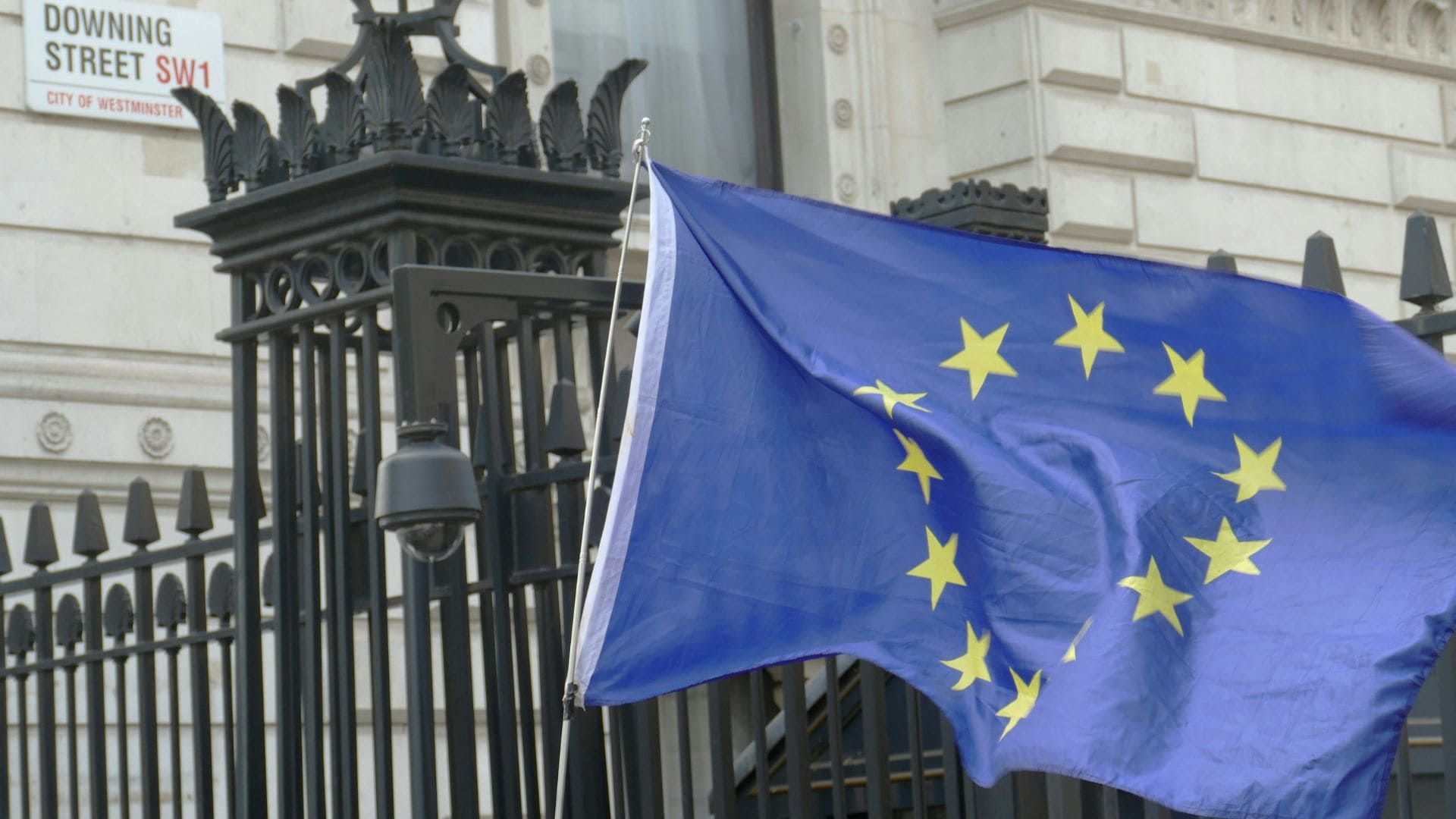Knowledge Hub
A very modern Instagram tale
November 2020
Missguided is a UK-based retailer selling primarily clothing which is aimed at young female purchasers and garners much PR from influencers and social media. The company was founded in 2009 by Nitin Passi and began life in Manchester, but has since expanded vastly and exported to other countries such as the United States and Australia. The company is known to be very active on all social media channels and is fast fashion and trend led in terms of design.
As many retailers know, it is often difficult as a fast fashion company to strike that balance between being “on trend” and not falling foul legally of copying “a look”; even if a case isn’t litigated, the threat of a claim can often cause adverse publicity. However, the commercial need for sales can often take priority, given how demanding consumers now are for new designs and clothing to be readily available.
Missguided (MG), who rely heavily on social media and influencers to drive sales, unfortunately met their match in Kim Kardashian-West (KKW) after they tagged her looks on Instagram. KKW won close to $2.8 million in a lawsuit in a Californian court where she claimed that MG used “her persona and trade marks” to increase sales and in essence “knock off” her outfits she posts on Instagram for her followers. For example, it was possible to click on photos of KKW and be taken to MG selling their version of a Gold dress and this was done very speedily. Note, the case was not defended by MG, thus there was no determination on the merits or design originality, but the case is an example of how celebrities can take action over being tagged.
It will be no surprise to know that KKW is very savvy with IP protection, as per the rest of her famous reality TV family. The trade mark law aspect of this case was not explored in court as MG did not defend the claim made against them and thus a default judgement of damages and attorney fees was entered against them, as well as an order that MG make no further reference to KKW trade marks on future posts.
The main points put forward by KKW were that MG use of trade marks likely to cause consumers to believe that there is an association (or endorse or sponsor) – consumers did in fact express that they though MG had “collaborated” with KKW, thus a social media connection via the online marketplace, given that Instagram is a key selling platform.
It was put forward that MG does not “merely replicate the looks of these celebrities” but “systematically uses the names and image” of stars to sell fast fashion items. Thus, it was argued that MG were using KKW fame and repute in the fashion world and as a general world celebrity to sell clothing, thus using her image to tie into their own brand. Clearly, brands do tie up with celebrities frequently and also often fall foul, given the Rihanna v Topshop[1] case.
KKW has been vocal on social media about respecting original designs and thus it does raise the age old question of how much inspiration can one garner from an existing design? The main issue with this case, in this authors view, was the clear “link” to KKW personality and the tag to her, as though a collaboration. In this case, MG ended up being banned from using KKW “trademarks in connection with the sale, marketing or distribution of its products”. Unfortunately, for MG, they also did reference the fact that they saw KKW post by making the comment of “The devil works hard but Missguided works harder” in relation to the gold dress which formed part of the disputed social media posts.
Thus, being online is no different to being in a high street store. Social media moves at speed and brands need to be careful about what celebrities they tag on posts, in case a consumer could view this as a collaboration.
[1] [2015] EWCA Civ 3
This article was prepared by HGF Trade Mark Director Rebecca Field.

































